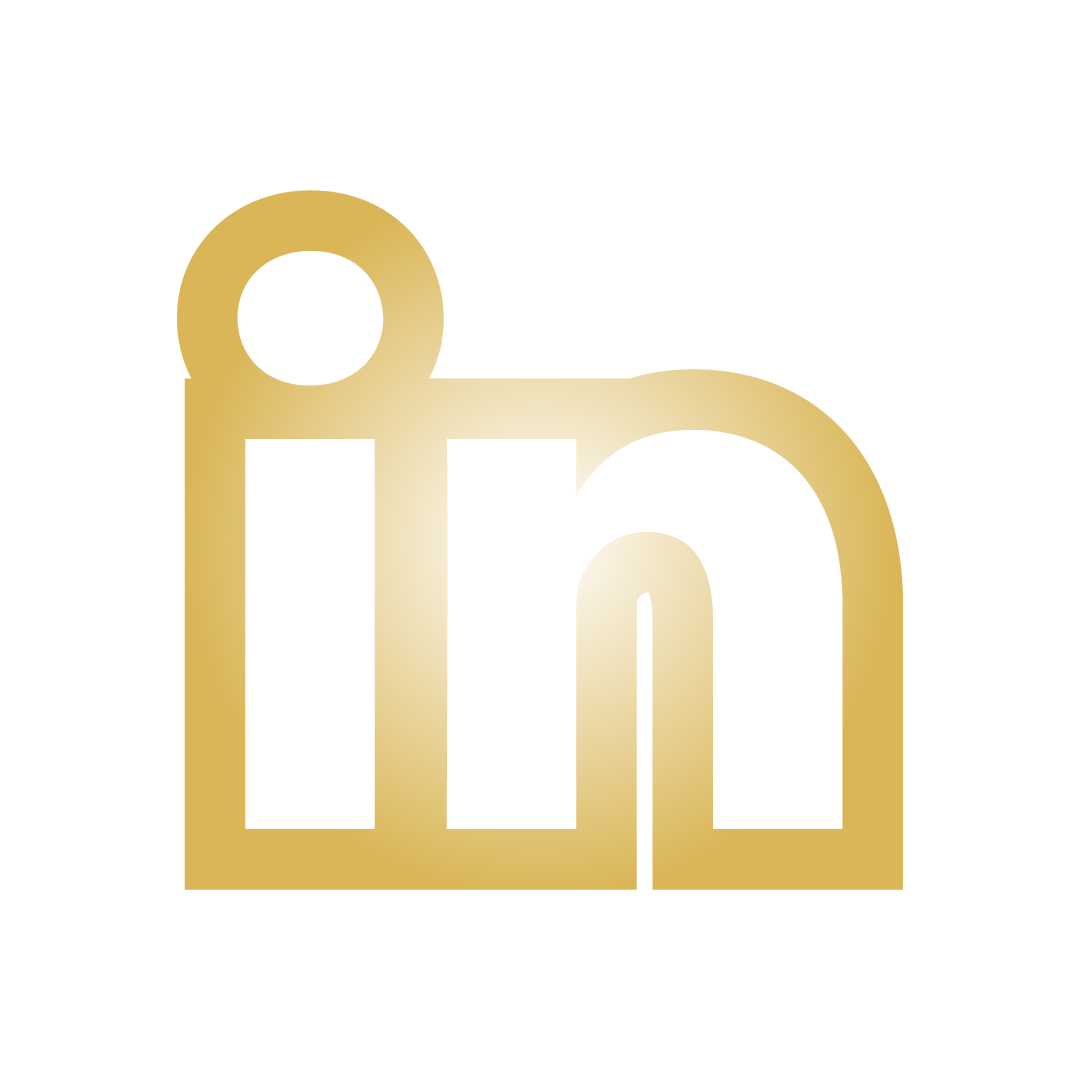Your first job carries more weight than you might realize. It sets the stage for your professional identity, habits, expectations, and future direction.
Instead of viewing it as a temporary stepping stone, consider it the launching pad for a career you can shape with clarity and confidence. A well-thought-out growth plan can make the difference between just working and building a future.
As the job market constantly shifts, having a strategy from day one is what separates passive employees from purpose-driven professionals. With a future-ready approach, you can map your long-term goals, align them with meaningful actions, and fully control your growth.
This blog will walk you through the key steps to creating a growth plan that turns your first job into a powerful foundation.
Step 1: Define What Future-Ready Means for You
The phrase “future-ready” can feel vague if you don’t define it yourself. It is essential to establish what it means in the context of your values and goals. Doing this early gives you a clearer sense of direction for your professional growth.
- Reflect on your values and consider what long-term success means to you. Think about your ideal work environment and the impact you want to make.
- Research industry trends and identify growing roles and skills. Align your development with what the market values.
- Observe professionals you admire and analyze their key decisions. Their paths can help you anticipate what works.
This clarity provides the foundation for your entire growth plan. It gives your actions greater intention from the start, and you’ll be better equipped to navigate your early career steps.
Step 2: Establish Clear Short-, Mid-, and Long-Term Goals
Without goals, drifting through your first job without building momentum is easy. Structuring your plan into timelines adds purpose to your development. It helps you grow with intention rather than reaction.
- Short-term (0–12 months): Focus on mastering responsibilities, learning systems, and improving communication. Build habits that earn trust.
- Mid-term (1–3 years): Pursue certifications, lead projects, and mentor peers. Show initiative and deepen your expertise.
- Long-term (3–5+ years): Prepare for leadership and build a track record. Be ready to pivot when opportunities arise.
Goals provide measurable checkpoints along your career path. They keep you focused and accountable. Progress becomes easier to track over time.
Step 3: Focus on Skills, Not Just Titles
Titles may change, but strong skills stay relevant. Focusing on what you can do will prepare you for many roles, not just one. This mindset builds resilience over time.
- Link your daily work to core competencies like leadership, strategy, or technical expertise. Track how you improve.
- Identify gaps between your current skills and your career goals. Make a plan to close them intentionally.
- Use routine tasks to practice new abilities. Small efforts lead to significant gains over time.
This approach makes you agile and valuable in any environment. You’ll be more equipped to adjust when job titles evolve. Skills help you maintain momentum no matter the industry.
Step 4: Build Your Career Map and Keep It Agile
A career map provides a visual structure for your future. While your path will change, this map keeps your long-term focus intact. It helps you stay on track without feeling boxed in.
- Sketch roles you’d like over the next few years and note required skills. Make it a living document.
- Stay aware of shifts in your industry and adjust your path when needed. Be proactive about evolving.
- Consider lateral moves that offer valuable learning. Growth isn’t always vertical.
Review your map often to stay aligned with your evolving goals. Keep it flexible as you gain more experience. Your path will likely shift; a sign of growth, not failure.
Step 5: Use Feedback to Adjust Your Growth Plan
Feedback helps you fine-tune your path with real-world insights. The more you ask for it, the faster you grow. Don’t wait for annual reviews—make it part of your routine.
- Ask for input from managers and coworkers after key projects. Welcome both praise and critique.
- Look for recurring themes in the feedback you receive. Patterns reveal your growth areas.
- Turn feedback into actionable steps. Update your growth plan accordingly.
The better you receive feedback, the quicker your development will accelerate. Feedback also builds emotional intelligence and resilience, essential to long-term success.
Step 6: Commit to Learning Beyond the Job Description
Growth doesn’t stop at your desk. Seek learning opportunities that stretch your thinking and skills. The more you learn, the more value you bring.
- Volunteer for cross-functional projects or temporary roles. These teach adaptability.
- Join professional events or digital communities. They connect you to outside perspectives.
- Schedule regular time to read, take courses, or follow industry trends. Stay current and sharp.
Learning independently keeps your growth plan alive. It shows initiative and drive that others will notice. The habits you build now will support your growth long after your first job.
Step 7: Document Your Progress and Celebrate Milestones
Tracking your wins builds confidence and shows proof of growth. It also helps during reviews or when seeking new opportunities. Celebrate the journey as much as the outcome.
- Keep a growth journal or digital tracker with accomplishments and lessons. Make it easy to update.
- Reflect monthly on what worked and what didn’t. Use these insights to guide the next step.
- Acknowledge milestones and share wins with mentors or peers. Rewarding progress reinforces effort.
This habit keeps you motivated and focused as you move forward. It turns abstract progress into something tangible and reminds you that you’re always moving ahead, even when growth feels slow.
The Role of Mentorship in Career Planning
Mentorship is critical in shaping your career, especially in its early stages. A great mentor can help you see beyond your current role and offer guidance you wouldn’t find on your own. They bring clarity, confidence, motivation, and a perspective built on experience that’s hard to replicate.
Finding a mentor starts with identifying someone whose career path aligns with your aspirations. Reach out respectfully and express your interest in learning from their journey.
Once you build that connection, honest conversations and meaningful advice can follow. These relationships often evolve into lasting professional alliances that support your long-term growth and provide encouragement when needed.
How to Build a Personal Brand Early in Your Career
Your brand is the reputation you build through your actions, mindset, and consistency. In your first job, every project, conversation, and follow-through moment reflects how others see you professionally. Establishing the proper habits early allows your brand to grow authentically and powerfully.
Here are essential ways to build a personal brand that will support your career growth from day one:
- Deliver Quality Consistently: Excellence is your standard for small tasks or primary responsibilities. This shows others they can count on your work. Reliability and precision will earn you trust early.
- Communicate With Clarity: Speak and write with confidence, respect, and purpose. Clear communication prevents confusion and builds credibility. People listen more when your message is thoughtful and focused.
- Show Initiative: Bring solutions, ideas, and a proactive attitude to your daily work. Employers notice those who go beyond instructions. Initiative shows leadership potential even in entry-level roles.
- Be Dependable: Reliably follow through on commitments and meet deadlines. Your team should always know they can count on you. Dependability builds your professional identity.
- Stay Professional Under Pressure: Handle stress and setbacks with calm and integrity. Tough moments are where reputations are built, and people respect those who remain composed.
- Seek Visibility for the Right Reasons: Let your work speak for itself, but don’t be afraid to share your wins respectfully. It’s okay to highlight success when it’s tied to team growth. Visibility builds momentum and opens new doors.
- Practice Humility With Confidence: Stay grounded while recognizing your value. Confidence isn’t arrogance—it’s showing belief in your growth. Humility makes you approachable and respected.
- Stay Consistent With Your Values: Align your actions with your principles in every setting. This consistency builds long-term trust. People remember how you made them feel, not just what you achieved.
Make Your First Career Move a Defining One
Your first job is an opportunity to do more than earn a paycheck. It’s the start of your long-term story—one you can shape with focus, agility, and intention. A future-ready growth plan and a well-maintained career map give you the structure to grow confidently. The actions you take now set the tone for everything that follows.
There’s power in taking charge of your growth from the start. Whether you’re building skills, seeking mentorship, or refining your path, how you show up each day lays the groundwork for a fulfilling career.
Improbus Inc. empowers individuals by offering real-world leadership training, hands-on career development, and direct mentorship to accelerate professional growth from entry-level roles to long-term success. We believe in building meaningful careers from the ground up and are here to support your journey every step of the way.
Ready to make your first job count? Contact us to learn how we can help you create a career you’re proud of from day one.






